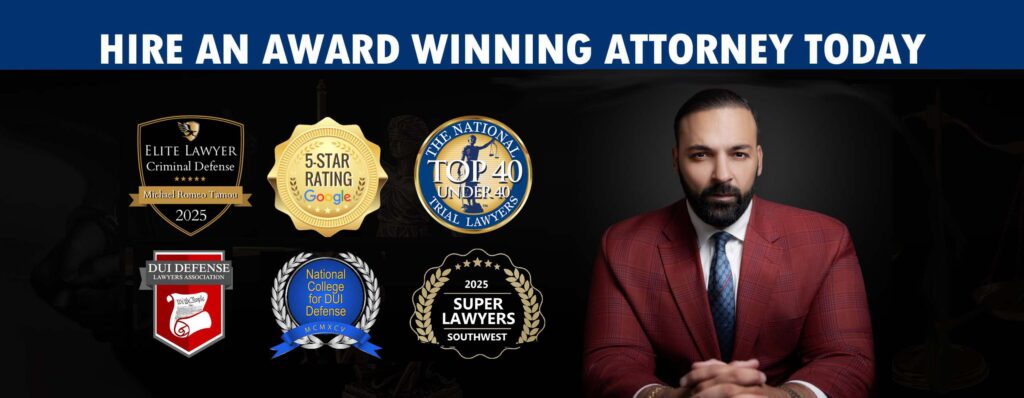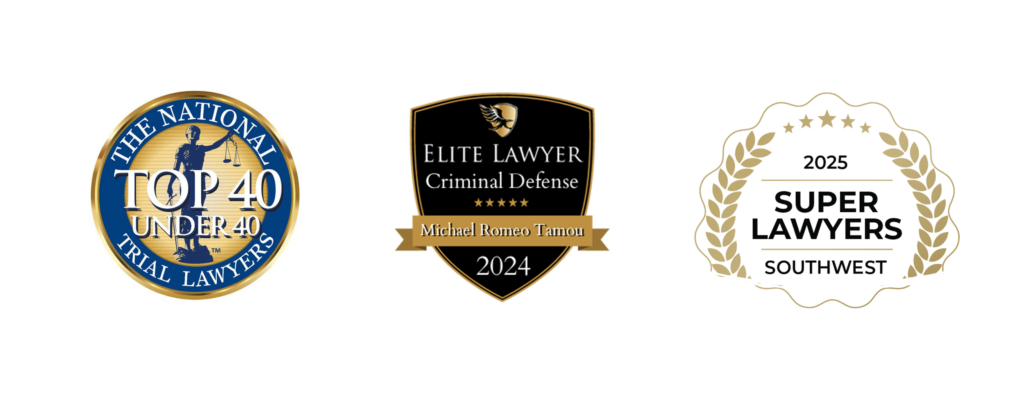ARS 13-3623 Child Abuse Defense in Arizona – Legal Overview
Facing charges under ARS 13-3623 for child abuse in Arizona can be overwhelming and life-altering. This statute criminalizes actions that cause or allow harm to a child or vulnerable adult — and accusations often arise from misunderstandings, family disputes, or overzealous reporting.
Defending against ARS 13-3623 child abuse charges requires a strategic and evidence-based approach. The law covers a wide range of behaviors, from intentional harm to negligent oversights. Prosecutors must prove intent or recklessness beyond a reasonable doubt — and skilled defense attorneys can challenge the evidence, intent, and context of alleged abuse.
For tailored legal representation, contact Tamou Law Group at 623-321-4699 for a free consultation.
Understanding Child Abuse Charges Under ARS 13-3623
ARS 13-3623 defines child abuse as intentionally, knowingly, recklessly, or negligently causing or allowing a child or vulnerable adult to suffer harm, emotional trauma, or be placed in a dangerous situation. The law’s broad wording allows for numerous defense opportunities — especially when accusations stem from accidents or lawful parental discipline.
Cases may vary in severity, from neglect or minor endangerment to severe physical injury or death. A skilled defense attorney can demonstrate that alleged conduct does not meet the legal threshold of abuse.
- Intentional or Knowing Acts: Purposefully causing or being aware of harm.
- Reckless Conduct: Disregarding known risks.
- Negligent Conduct: Failing to perceive a substantial risk.
Key Elements Prosecutors Must Prove
To secure a conviction, prosecutors must establish specific elements — each of which can be challenged by an experienced defense lawyer.
- Victim Qualification: Must prove the individual is a child or vulnerable adult. Defense may contest this status.
- Causation: Directly linking the accused’s actions to harm. Defense may present alternative explanations or evidence of accidents.
- Mental State: Intent, knowledge, or recklessness must be proven — psychological evidence may show otherwise.
- Actual Harm or Danger: Expert testimony can dispute medical findings or prove no imminent risk existed.
Effective defense strategies often focus on exposing weak evidence, inconsistent witness statements, or procedural errors in the investigation.
Classifications of Child Abuse Charges
- Class 2 Felony: Intentional abuse causing serious injury – up to 24 years under ARS 13-705.
- Class 3 Felony: Reckless conduct resulting in injury – 2.5 to 8.75 years imprisonment.
- Class 4–6 Felonies: Negligent acts or lesser endangerment – probation or mitigated sentencing possible.
Defense aims to downgrade felony levels, challenge aggravating factors, or argue mitigating circumstances to minimize penalties.
Defense Strategies for ARS 13-3623 Charges
- Lack of Intent: Demonstrating that actions were accidental or legally justified (e.g., reasonable discipline under ARS 13-403).
- False Accusations: Common in custody disputes — motive analysis and witness impeachment are key.
- Insufficient Evidence: Cross-examine DCS reports and challenge hearsay or unverified medical conclusions.
- Constitutional Violations: Exclude evidence obtained through illegal searches or coercion.
- Affirmative Defenses: Justifiable acts to prevent greater harm or protect a child’s safety.

Trial Process for ARS 13-3623 Charges
- Arrest and Booking: Remain silent; request your lawyer immediately.
- Arraignment: Plead not guilty; preserve defense options.
- Discovery: Review police reports, witness statements, and forensic evidence.
- Plea Bargaining: Negotiate lesser charges or reduced penalties.
- Trial: Present expert testimony and cross-examine prosecution witnesses.
- Sentencing or Appeal: Argue mitigating factors or procedural errors.
Your Legal Rights When Accused
Protecting your rights is fundamental in ARS 13-3623 child abuse defense in Arizona.
- Miranda Rights – remain silent and request counsel.
- Right to a speedy trial under the Sixth Amendment.
- Right to confront accusers and review evidence.
- Presumption of innocence until proven guilty.
Role of Evidence and DCS in Child Abuse Defense
Strong defense depends on evidence credibility. Defense attorneys analyze medical reports, digital communications, and character references to refute claims. The Arizona Department of Child Safety (DCS) often initiates investigations, which can evolve into criminal cases. Coordinating criminal and family law defense can help challenge dependency petitions and protect parental rights.

Conclusion: Protect Your Rights Under ARS 13-3623
Defending against ARS 13-3623 child abuse charges requires immediate, experienced legal help. Many accusations arise from misunderstandings or exaggerated claims. With the right defense, cases can result in dismissals or reduced charges. Don’t face this alone — call Tamou Law Group today for a free consultation and protect your future.
Want to learn more? Read our article 7 Things to Know About ARS § 13-3623 Child Abuse Laws in Arizona.


